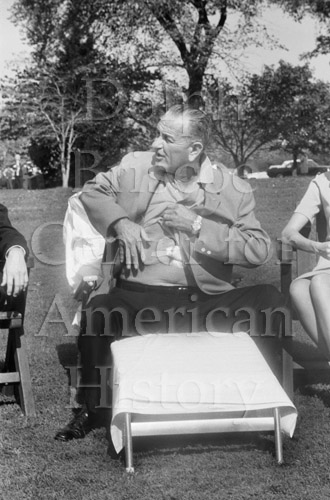Cancer Lesson #82: Everything gives you cancer.
One of the (many) weird things about having survived breast cancer is that no one really knows why I got it. As you can imagine, this makes it hard to figure out how to avoid a recurrence.
That doesn’t mean there’s a shortage of opinions on the subject, in fact, quite the opposite. There are a plethora of behaviors, foods and environmental factors that have been linked to cancer.
Next time you’re bored (or even now), try typing ___________ and “cancer” into your favorite search engine. Fill in the blank with whatever you like. I’d lay money your results will say that thing either causes or prevents cancer.
For example, “tea and cancer” (since I’m drinking a cup right now) rewards us with “Among their many biological activities, the predominant polyphenols in green tea―EGCG, EGC, ECG, and EC―and the theaflavins and thearubigins in black teas have antioxidant activity (12). These chemicals, especially EGCG and ECG, have substantial free radicalscavenging activity and may protect cells from DNA damage caused by reactive oxygen species.” from Cancer.gov. Excellent! I’ll go pour another cuppa.
“Reading and cancer” brought up “A new study released Monday by the Centers for Disease Control has found a direct link between a particularly aggressive strain of ocular cancer and reading text on a computer screen …” Good thing I noticed “The Onion” heading at the top of the page, or I’d have been worried.
The Mayo Clinic says a glass of red wine is good for your heart, so let’s try “alcohol and cancer.”
From Breastcancer.org: “Research consistently shows that drinking alcoholic beverages — beer, wine, and liquor — increases a woman’s risk of hormone-receptor-positive breast cancer. Alcohol can increase levels of estrogen and other hormones associated with hormone-receptor-positive breast cancer. Alcohol also may increase breast cancer risk by damaging DNA in cells.” But according to a CNN health blog, drinking alcohol may improve breast cancer survival.
Which is it? I know which outcome I favor.
Because there’s a lot of talk about pregnancy’s effect on the risk of breast cancer, I searched “pregnancy and cancer.” Here’s what the Susan G. Komen site said: “Although a first pregnancy may increase the short-term risk of breast cancer, it lowers the long-term risk. Pregnancy’s effects depend on your age when you first give birth.”
Confused yet?
“Exercise and cancer,” “soda and cancer,” “lemon juice and cancer,” even “vinegar and cancer” — according to someone somewhere they’re all connected to cancer.
I finally searched “things that give you cancer” and got several lists, including one from the UK’s Daily Mail. It tops out at 116 items and includes wood dust, outdoor air pollution, and oral contraceptives, along with at least 100 chemicals I can’t pronounce but have no doubt come into contact with.
I’ve concluded I must do what seems logical to me. So here are my personal anti-cancer strategies:
- Eat more vegetables (grown organically and/or locally when feasible) and less chemical-laden processed food (although I still can’t bring myself to eat kale).
- Exercise regularly. For me, this is at least three times a week and should be more.
- Know what’s important and what’s not worth worrying about.
- Take a multi-vitamin, calcium, and my hormone inhibitor.
- Enjoy time doing the things I love, with family and friends and sometimes by myself.
- Keep my sense of humor.
Will it work? No one knows.
As the American Cancer Society says ” … even if you do everything just right, the cancer still might come back.” Later in the same article, they continue, ” … with our current understanding of how it develops and grows, cancer is still a mystery in many ways.”
There are no guarantees.
There never has been.
Still, to help with the keeping your sense of humor strategy, here is a link to Joe Jackson’s jazzy thoughts on the subject.
Click through. I think you’ll enjoy his song.



